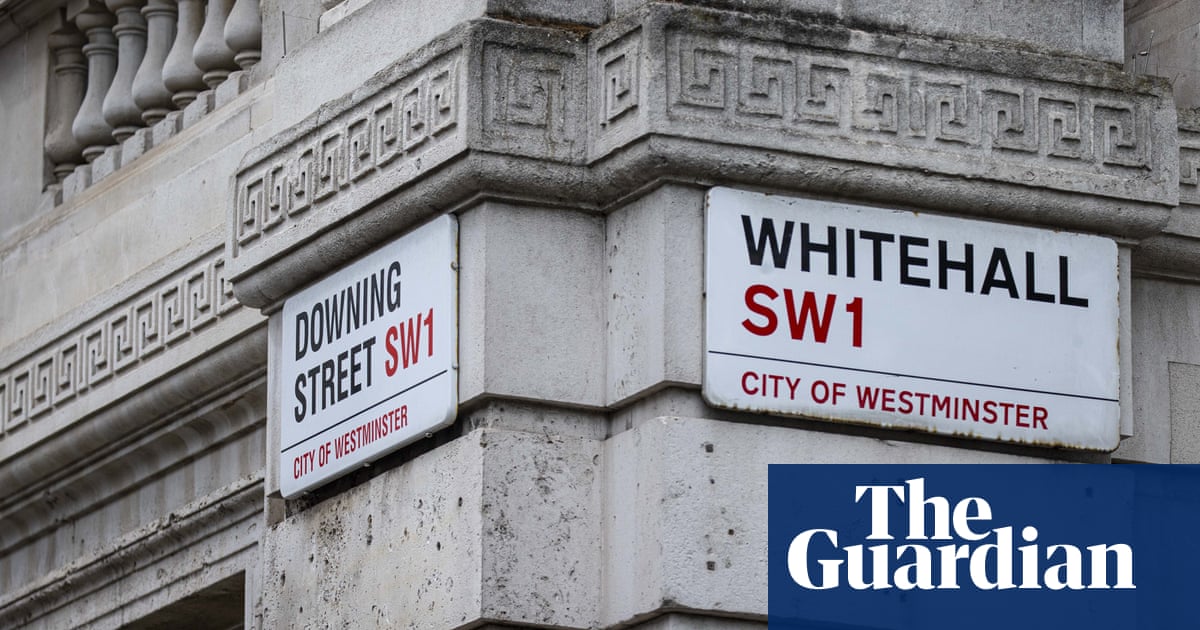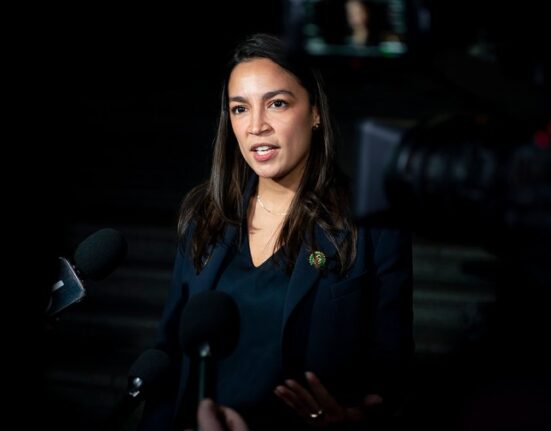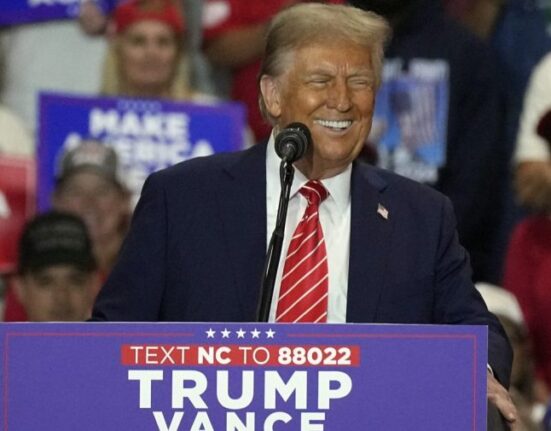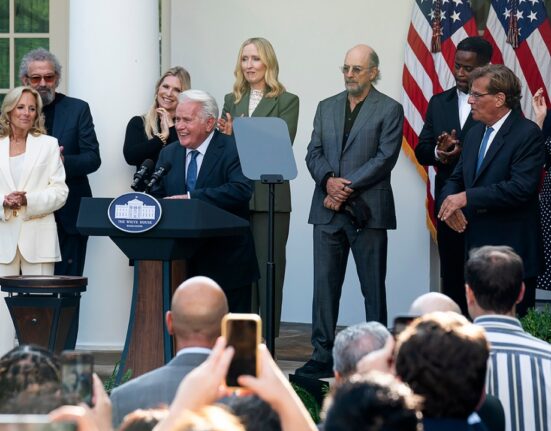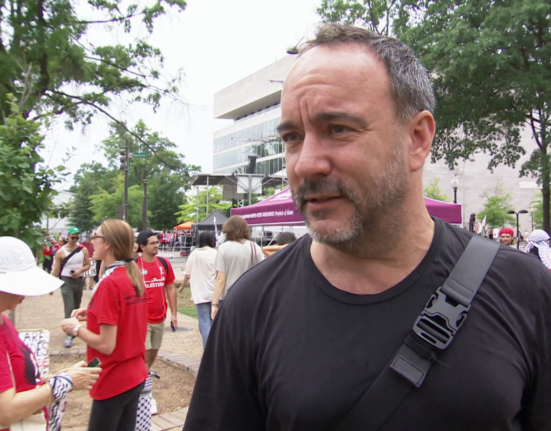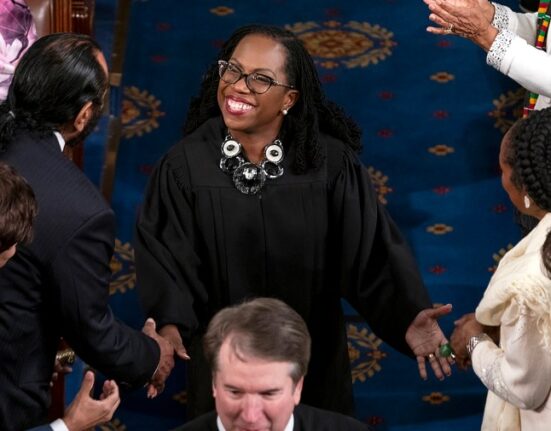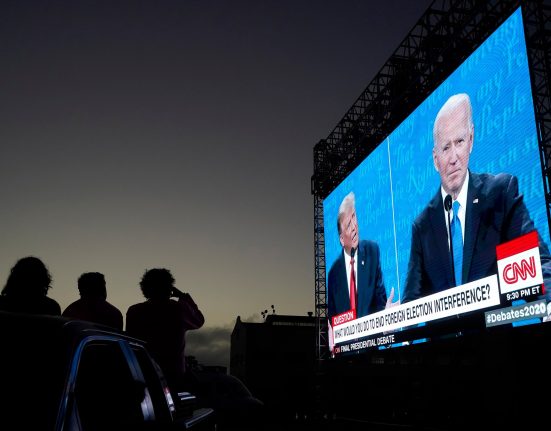Civil servants could be given a way to publicly flag concerns about integrity if ministers are in danger of asking them to breach ethical codes, a new report has suggested.
The paper, by Marcial Boo, a former head of the Independent Parliamentary Standards Authority, said civil servants could write open letters, known as ministerial directions, to highlight their worries about matters of integrity.
These are public letters used by civil servants to warn they are being asked to approve projects that are not value for money – but could be extended to cover ethical dilemmas.
Boo, who is now chair of the Institute of Regulation, also raised the idea that civil servants and politicians should undertake practical training on ethics, saying it is “not enough for induction and training to involve an emailed copy of the Nolan principles”.
It comes after civil servants repeatedly raised private concerns under the last government about work that Boris Johnson’s regime was asking them to carry out on Brexit and the Rwanda scheme, with fears they were being asked to breach international law.
Boo said it was natural that civil servants are held to a higher ethical standard than politicians, who often have to make messy compromises. But he suggested there could be better ways for civil servants to flag any concerns about what they have been asked to do.
He highlighted that this was in line with a recommendation previously made by Sue Gray, the former senior civil servant who investigated the Partygate scandal, now No 10 chief of staff, who has said that it should be easier for public servants to raise concerns about poor behaviour.
“It would obviously need to be thought about in more detail, but ministerial directions are really weighty,” he said. “They are not asked for easily, and latterly, they’ve all been made public and it’s clear where there are disagreements. In documents such as Managing Public Money, there is a requirement that people behave with propriety, so it is possible for people to have a think about how ministerial directions could include issues of propriety.
“This is an idea that I’m putting out there as a possible route, which would need to be explored and understood in practice much better. It’s an idea to support an improved cultural infrastructure on issues of integrity.”
His other recommendations included making integrity and upholding ethical standards a formal responsibility of a specific institution, or individuals such as a strengthened director general of ethics and propriety in the Cabinet Office.
after newsletter promotion
The report for the Demos thinktank looks into the “integrity mismatch” between politicians and civil servants.
Boo’s report said there will always be tensions between elected politicians, who are “obliged to make judgments involving difficult compromises as part of their governance role” and for whom “standards of integrity may at times be given less weight than partisan considerations”.
But he added: “There is no such flexibility for the unelected public servants who implement politically determined policy goals. The resulting ‘integrity mismatch’ can lead to tension if, in performing their professional roles, public servants have strong ethical qualms about policy decisions they must implement.”
Boo said the tensions could be better understood and managed through training for civil servants on how to handle the ethics of implementing messy political compromises and for politicians on how to receive and weigh unwelcome advice on ethical standards in their decision-making roles.
Labour has already pledged to set up an ethics and integrity commission within its first 100 days, but it is unclear whether that will be put on a statutory footing.
Keir Starmer has also signalled that he wants ethical standards in his government to be higher than under previous administrations, using his first day in Downing Street to tell his new ministers what he expects of them “in terms of standards, delivery and the trust that the country has put in them”.



